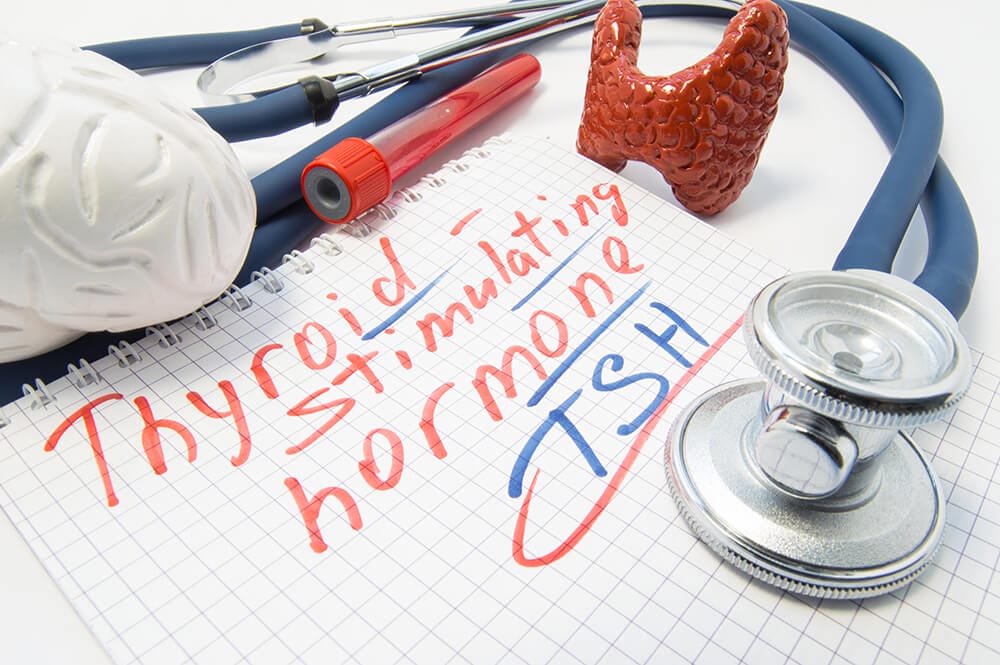Cholesterol management is a vital aspect of maintaining overall cardiovascular health. Elevated cholesterol levels increase the risk of developing heart disease and other cardiovascular problems. While medication is often prescribed to lower cholesterol, many individuals prefer to explore natural methods for cholesterol reduction. But how long does it take to lower cholesterol without medication?
Understanding Cholesterol and Its Impact
Cholesterol is a waxy substance that is vital in building healthy cells. Still, excessive levels can cause plaque buildup in arteries, restricting blood flow and potentially leading to heart problems. There are two main types: low-density lipoprotein (LDL), or “bad” cholesterol, which contributes to artery-clogging plaque, and high-density lipoprotein (HDL), or “good” cholesterol, which helps remove LDL from the bloodstream.
Lowering Cholesterol Naturally
Lowering cholesterol without medication involves combining lifestyle changes and dietary adjustments. These strategies not only reduce cholesterol but also contribute to overall health improvement.
Dietary Changes
- Increase Fiber Intake: Consuming soluble fiber, found in foods like oats, legumes, fruits, and vegetables, can help lower LDL cholesterol levels.
- Healthy Fats: Swap out unhealthy saturated and trans fats with nutritious fats from nuts, seeds, avocado, and olive oil.
- Omega-3 Fatty Acids: Include sources of omega-3s, like fatty fish (salmon, mackerel), flaxseeds, and walnuts, which have been shown to lower triglycerides and improve overall heart health.
Physical Activity
- Regular Exercise: Strive to achieve a minimum of 150 minutes of moderate-intensity or 75 minutes of vigorous-intensity aerobic activity every week.
- Cardiovascular Workouts: Activities like jogging, cycling, and swimming can improve cardiovascular health and help lower cholesterol.
Lifestyle Changes
- Smoking Cessation: Quitting smoking can lower the risk of heart disease and improve HDL cholesterol levels.
- Limit Alcohol Consumption: Excessive alcohol intake can lead to high cholesterol. Moderation is key.
Timeline for Cholesterol Reduction
The timeline for lowering cholesterol without medication varies from person to person. Genetics, initial cholesterol levels, and the extent of lifestyle changes play a significant role.
- Short-term (1-3 Months): Positive changes in diet and exercise can lead to noticeable improvements in cholesterol levels, particularly in triglycerides.
- Medium-term (3-6 Months): Consistent adherence to a healthy lifestyle can reduce LDL cholesterol levels. HDL cholesterol levels may also start to improve.
- Long-term (6+ Months): Continued commitment to dietary and lifestyle changes can significantly reduce LDL cholesterol and total cholesterol levels.
Incorporating Medical Advice
Before embarking on any significant changes to your lifestyle for cholesterol management, it’s crucial to consult a healthcare professional. A doctor can provide personalized guidance based on your health status, risk factors, and medical history. They can conduct necessary tests to determine cholesterol levels and assess cardiovascular health. This information will serve as a baseline to track your progress over time.
Monitoring Progress
Regularly monitoring your cholesterol levels is essential to gauge the effectiveness of your efforts. Your doctor will recommend how often you should check your cholesterol levels based on your circumstances. These check-ups help you track your progress and allow your healthcare provider to make any necessary adjustments to your plan.
Adjusting Strategies
If your cholesterol levels are not improving as desired, your doctor might recommend adjustments to your approach. This could involve modifying your diet, increasing your exercise regimen, or considering other interventions. Medication might be considered if lifestyle changes alone are insufficient to achieve optimal cholesterol levels.
Sustainability and Long-Term Commitment
Managing cholesterol is not a short-term endeavor; it’s a lifelong commitment to your cardiovascular health. Your lifestyle changes should be sustainable and realistic for the long haul. Gradual and steady progress is often more effective than drastic, short-lived changes.
The Role of Genetics
Genetic factors can influence cholesterol levels and how your body responds to dietary and lifestyle changes. While you can’t change your genetics, you can still positively impact your cholesterol levels through healthy choices. If you have a family history of high cholesterol or heart disease, prioritizing a heart-healthy lifestyle’s even more important.
The Importance of Individualization
Every person’s body is unique, and what works for one individual may not work for another. This is why personalized approaches are crucial. Working with a healthcare provider ensures your cholesterol management plan is tailored to your needs and circumstances.
Conclusion
Lowering cholesterol without medication is achievable through dietary adjustments, regular exercise, and lifestyle changes. While the exact timeline for cholesterol reduction varies, consistent commitment to these changes can improve LDL and HDL cholesterol levels. Consulting a healthcare professional before making significant lifestyle changes is essential, especially for individuals with existing health conditions. Remember that managing cholesterol is a lifelong journey, and maintaining a heart-healthy lifestyle is key to long-term cardiovascular health.
Frequently Ask Questions:
Can I rely solely on a diet to lower cholesterol?
While diet plays a crucial role, combining a heart-healthy diet with regular exercise and other lifestyle changes yields the best results.
Are all fats bad for cholesterol?
No, not all fats are bad. Healthy fats like monounsaturated and polyunsaturated fats can help improve cholesterol levels.
How often should I have my cholesterol levels checked?
It’s recommended to have your cholesterol levels checked every 4-6 years for adults. More frequent monitoring might be advised if you’re at a higher risk.
Can genetics prevent me from lowering my cholesterol naturally?
Genetics can influence your predisposition to high cholesterol, but lifestyle changes can still have a significant positive impact.
Is weight loss necessary to lower cholesterol?
Weight loss can improve cholesterol levels, especially if you’re overweight. However, a healthy lifestyle can help lower cholesterol even without significant weight loss.







